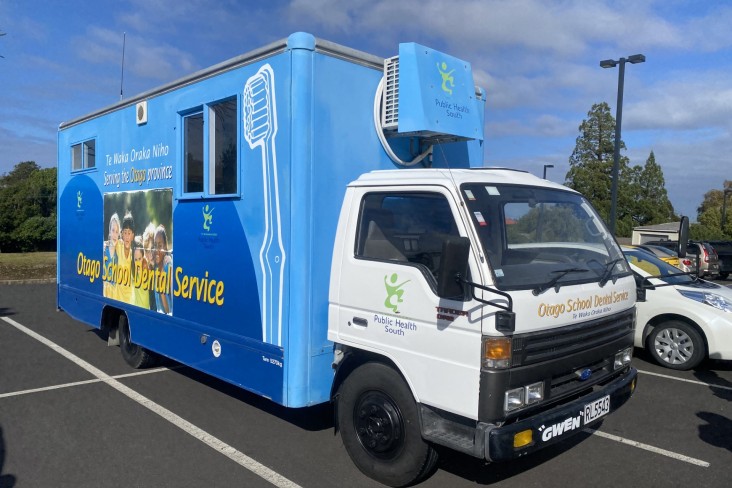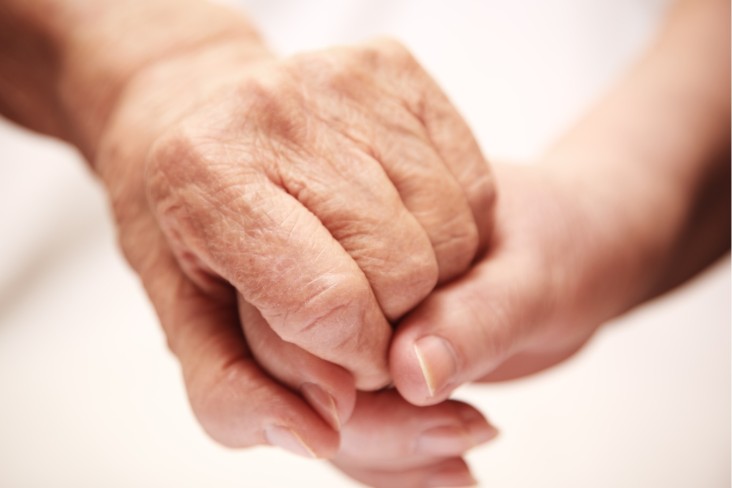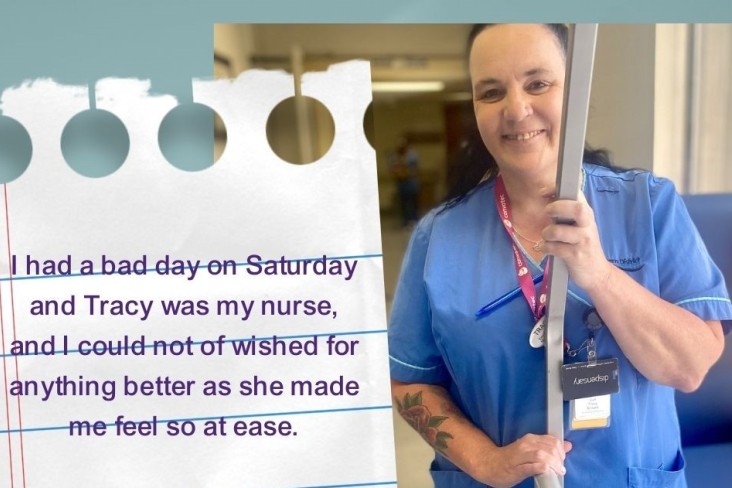Emma Potton and her team of mortuary technicians Titania Weon and Ella Ratcliff take great pride in their work caring for our tupāpaku (deceased bodies). As mortuary technicians, they are tasked with making sure that those who have passed and their whānau are treated with empathy and respect.
For Emma, being able to assist people at the end of life is a huge privilege.
“Not only do we provide care for the tupāpaku and the whānau at what can be a very distressing time, we ensure that people can get answers about what happened to their loved one and why they died. I see it as giving a voice to the deceased to make sure their story is told.”
Emma started her career in nursing, but found caring for the dead was what really interested her.
“I found a real satisfaction in doing something selfless and often not noticed, that makes a real difference to people.”
She went on to become a funeral director and embalmer, before qualifiying as a Mortuary Technician five years ago.
Her day begins with a check to see what cases the mortuary will be expecting for the day. The team handles around 700 tupāpaku a year, around half from hospitals and half from the community, and cover the area from Waitaki down to Stewart Island.
“We have relationships with a whole range of agencies and people, from hospital staff and undertakers, to the police, coroners, and laboratories. We’ve worked hard to build these relationships and we want people to be able to come to us for information and expertise in managing these processes.”
The mortuary team ensure that processes are carefully followed to meet the standards for medical, forensic and cultural requirements. Emma says she has really valued the opportunity to learn about Te Ao Māori and tikanga, as well as other cultural practices. Te Ara Hauora assist the team and gift ketes (baskets) for carrying pēpi (babies) or body parts when they are returned to whānau.
Mortuary technicians also work alongside pathologists performing autopsies where these are required.
“There is a move to using less invasive investigations like CT scanning where possible, but sometimes a physical examination is needed.”
When the body is ready to be returned to the whānau, it is Emma and her team who prepare for this and ensure the family can spend time with their loved one.
The mortuary in Dunedin Hospital is called ‘Te Wahi Rangimarie’, which means The Peaceful Place. The name was gifted by Te Are Hauora - Māori Health Unit to reflect the use of the space and the work that the Mortuary team do and acknowledges the tupāpaku and wairua (spirit) in the space.
Emma’s team have created a calm and welcoming atmosphere for families in the mortuary where they can gather to view and spend time with tupāpaku.
“It’s so important that people don’t feel they are coming into a cold, clinical or technical space. They need to feel this can be a place of peace and love at this time.”




